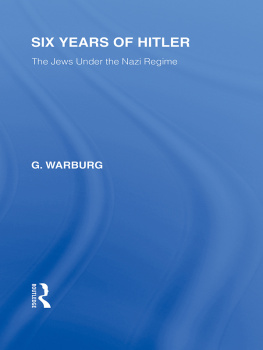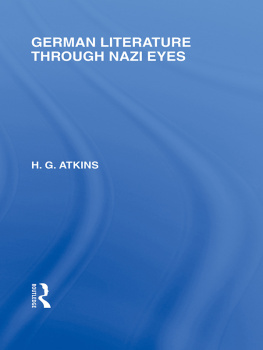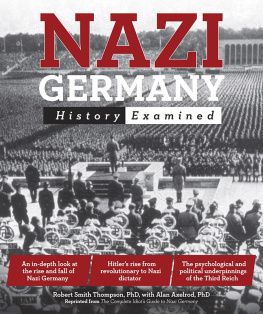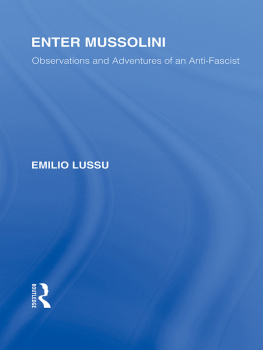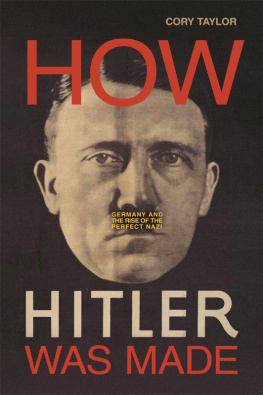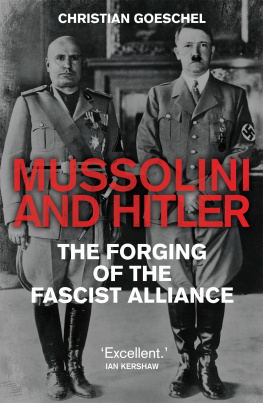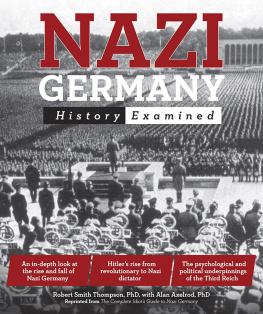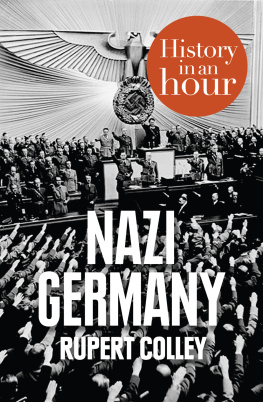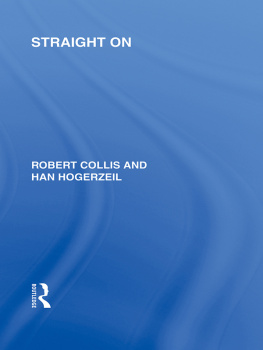ROUTLEDGE LIBRARY EDITIONS: RESPONDING TO FASCISM
THE SPANISH TRAGEDY
THE SPANISH TRAGEDY
JEF LAST
Translated from the Dutch by
DAVID HALLETT
Volume 7
First published in English 1939
This edition first published in 2010
by Routledge
2 Park Square, Milton Park, Abingdon, Oxon, OX14 4RN
Simultaneously published in the USA and Canada
by Routledge
270 Madison Avenue, New York, NY 10016
Routledge is an imprint of the Taylor & Francis Group, an informa business
This edition published in the Taylor & Francis e-Library, 2010.
To purchase your own copy of this or any of Taylor & Francis or Routledges collection of thousands of eBooks please go to www.eBookstore.tandf.co.uk.
This translation 1939 George Routledge & Sons, Ltd.
All rights reserved. No part of this book may be reprinted or reproduced or
utilised in any form or by any electronic, mechanical, or other means, now
known or hereafter invented, including photocopying and recording, or in any
information storage or retrieval system, without permission in writing from the
publishers.
British Library Cataloguing in Publication Data
A catalogue record for this book is available from the British Library
ISBN 0-203-85018-1 Master e-book ISBN
ISBN 10:0-415-57699-7 (Set)
eISBN 10:0-203-85012-2 (Set)
ISBN 10:0-415-58012-9 (Volume 7)
eISBN 10:0-203-85018-1 (Volume 7)
ISBN 13:978-0-415-57699-4 (Set)
eISBN 13:978-0-203-85012-1 (Set)
ISBN 13:978-0-415-58012-0 (Volume 7)
eISBN 13:978-0-203-85018-3 (Volume 7)
Publishers Note
The publisher has gone to great lengths to ensure the quality of this reprint but
points out that some imperfections in the original copies may be apparent.
Disclaimer
The publisher has made every effort to trace copyright holders and would
welcome correspondence from those they have been unable to trace.
THE SPANISH TRAGEDY
Jef Last
Translated from the Dutch by
DAVID HALLETT
LONDON
GEORGE ROUTLEDGE & SONS, LTD.
BROADWAY HOUSE: 6874 CARTER LANE, E.C.
De Spaansche Tragedie first published in Holland 1938
This edition published in the Taylor & Francis e-Library, 2010.
To purchase your own copy of this or any of Taylor & Francis or Routledges collection of thousands of eBooks please go to www.eBookstore.tandf.co.uk.
The Spanish Tragedy first published, 1939
CONTENTS
PAGE
INTRODUCTION
I HAVE SET MYSELF A DIFFICULT TASK. NOW THAT events in Spain have taken a tragic turn, I feel the need to record my own general view of the course of these events, by way of conclusion to the happenings and experiences that were my portion in the struggle.
Where it is a question of discussing the arming and remodelling of the army, the courage of the comrades in the trenches, the sufferings of the civilian population, the magnificent cultural achievements of the Government, or the miracle of the latent forces which have now grown active in the Spanish people, I feel I can speak with expert knowledge, because I experienced and lived through it all
But to discuss the political situation is a different matter. I fear that you can barely realize the isolation of an officers existence at the front, how little he knows of the general military operations even a few kilometres away. News of the outer world filters through to him in censored newspapers, which he can only come by at irregular intervals; his judgment is inevitably influenced by the political composition of the unit in which he has to live. He obtains his view of the world from what he has more or less accidentally heard or read; he lacks the time for systematic investigation and for properly checking the various rumours that reach him. Conscious of these limitations, I have until now confined myself in all I have said and written to recording exclusively what I saw with my own eyes.
If, nevertheless, I have now been able to form a general picture of the course of events, I am aware that this picture should not be considered a final appraisement, since it is necessary still to check it in all its details. I was not placed like so many journalists in the very centre of events. While they could actually see the threads being woven, my view was that of the man in the street, my eyes those of a soldier in the trenches. I had, however, a few advantages which all did not possess. I could read and understand Castilian very well, and at a later stage was able also to read the Catalan press. I lived among working-class families of all political opinions and at the Alianza met Spanish artists and intellectuals of every school. In the Gran Via I came upon foreign journalists. Repeatedly I was the guest of the Russian delegation in Gailord, and during the writers congress in Madrid I had many conversations with the leading literary figures from South America and Europe.
It is not, however, as an intellectual but as a front-line soldier that I wish to approach the Spanish problem, and in this connection the first point I should like to stress is the great contrast existing between the spirit at the front and the spirit behind the lines. Among the men in the trenches considerable indignation is aroused by the political game that goes on behind the front. Rightly or wrongly the soldiers at the front have the impression that all who were truly sincere in their convictions enlisted in the very first days of the war, and that political conflicts behind the front are fanned and kept in being by the politicians, who see in the continuation of these conflicts a raison d'tre for their own existence and the chance of not being sent to the front themselves. Communal life in the trenches tends to blur and eliminate all original political divergences; only the will to victory endures and the general attitude of the front-line soldiers can be summarized in the words of Durutti: We are prepared if necessary to lose everything except the war.
In many cases the men in the trenches, that is to say the common people, the ordinary workers, peasants, and lower middle class of Spain belong to this or that party; but this is not to say that they know or understand the party programme. Looking beyond the slogans which they have adopted and made their own, it will be seen that in their hearts they have no economic or political system but exclusively a number of reasonable wishes common to all mankind.
These wishes, however, are much less determined by direct economic interests than is generally assumed. The worker whose only ambition it would be to live like a petit bourgeois would not hold out for months on end in the lousy depths of a trench. The peasant who was only thinking of obtaining a better existence for himself would not be prepared of his own volition to risk his skin every day of his life. Whoever attempts to capture the youth of a country by speculating exclusively upon its desires, its pleasures, and its diversions, is playing a losing game, for it is only by courage and by sacrifice, by discarding its own interests, that youth can prove its worth to itself and to the outside world. The hatred of rational pacifism evinced by young men is to be explained by the fact that these pacifists are speculating upon their fears and cowardice. Similarly a boy who is worth his salt kicks against the pricks when his father endeavours to demonstrate on rational grounds that it will be more to his advantage to enter a grocers business than for him to take up an artistic profession in which hunger may be his only reward.


